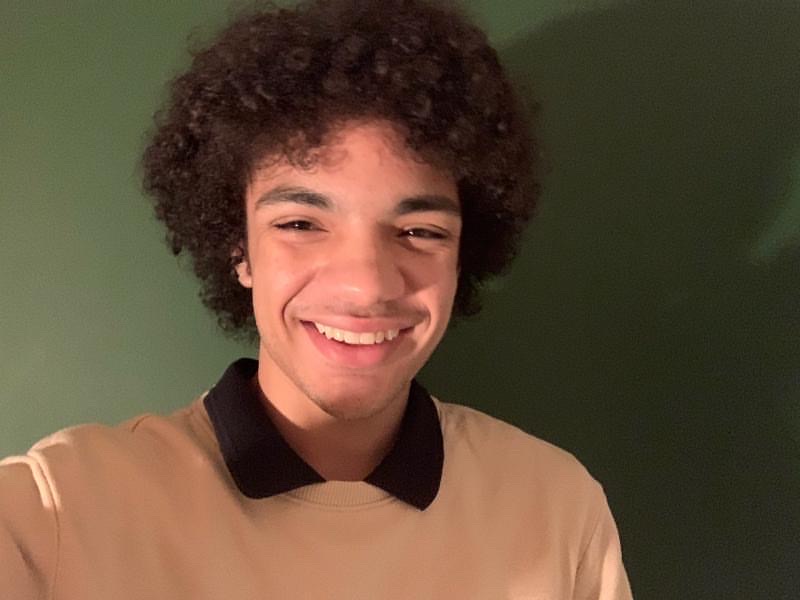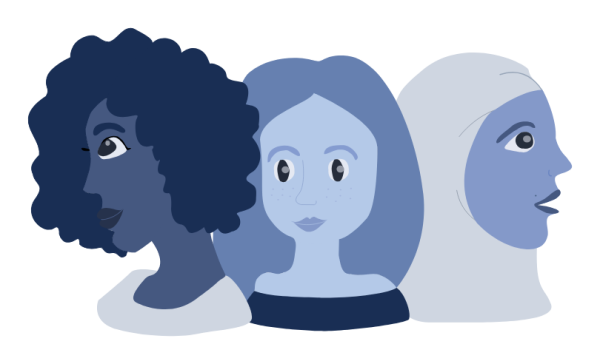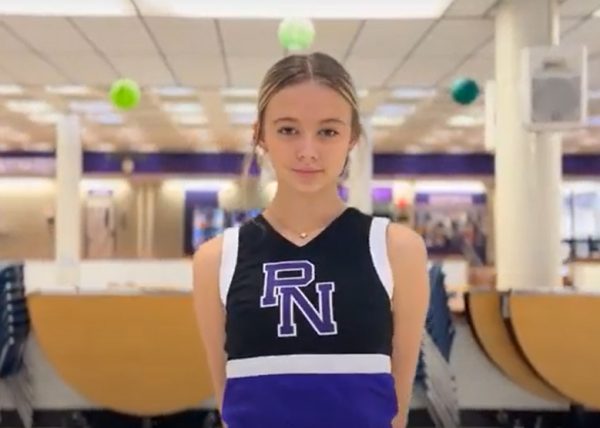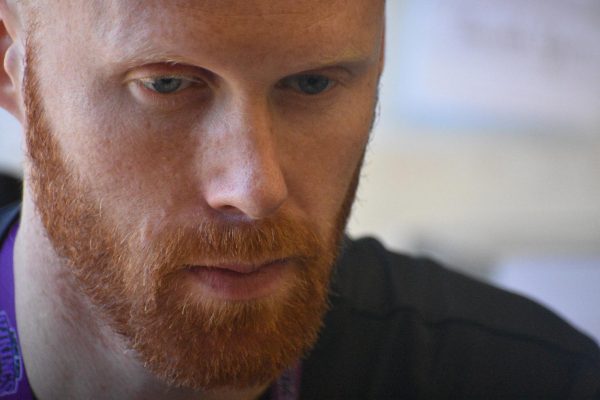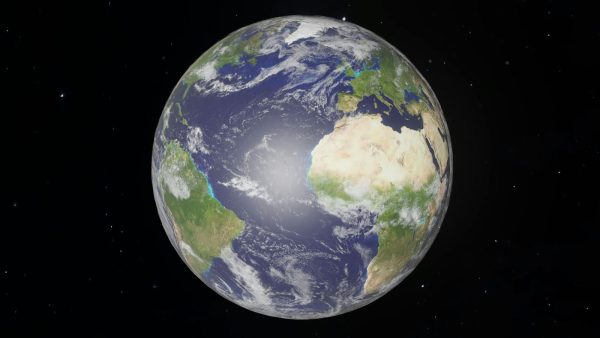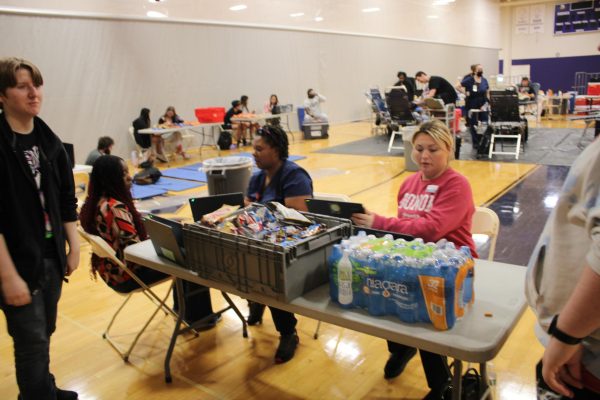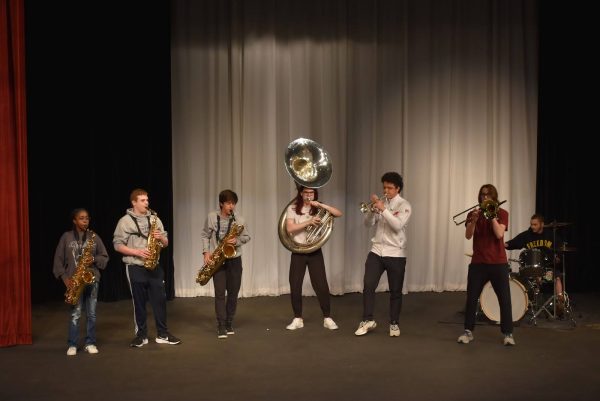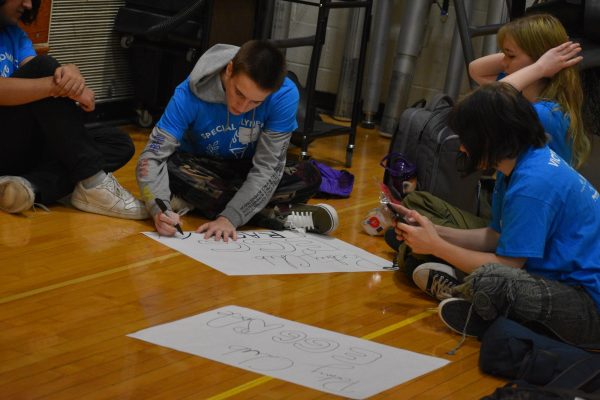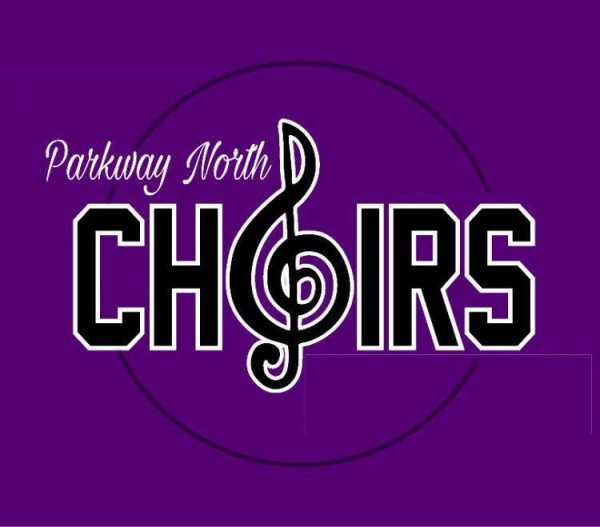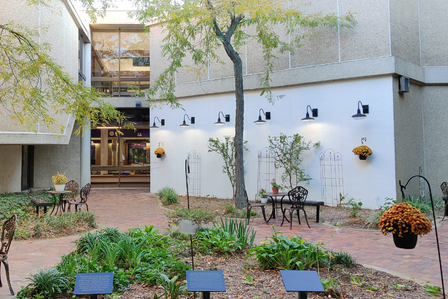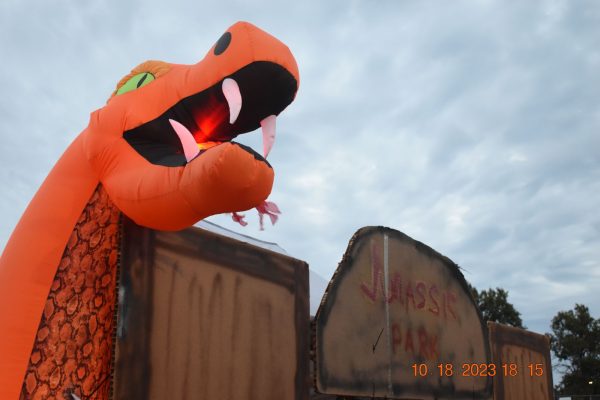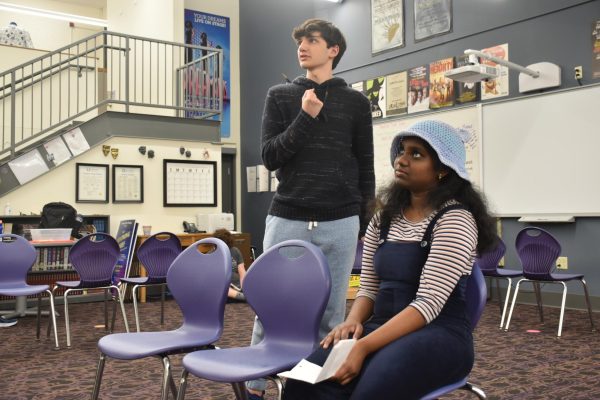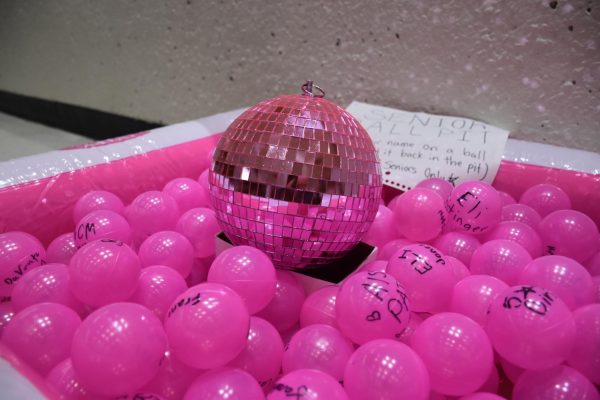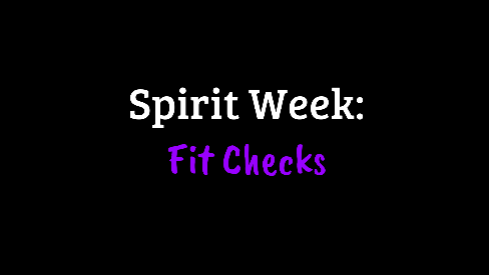Junior Zack Horach reveals near-death experience
Junior Zack Horack discusses one of the turning points in his life, mentioning serious issues he had to deal with at such a young age. “I find the most impactful story, [being] near death. [It] gave me a breakthrough of innocence and, in return, I was given a perception of reality when I was still extremely young,” said Horack.
When and where did this event happen?
“I was 8 years old with my uncle. I didn’t live in America at the time. I lived in Bethlehem in Palestine at the time. In Bethlehem and Jerusalem, which are really close, there are these checkpoints. We called them Hajez’s. It’s where the military would search you, you go through a long line, etc. But one minor Hajez in Jerusalem existed. You drove past them, showed [your] ID to the apartheid military and let them look in your car and [then you] go.”
What happened?
“It was [in] April, a cool day. I remember because the van my uncle drove didn’t have air conditioning and it wasn’t that hot. We reached Hajez where the IDF (Israel Defense Forces) military came and saw us. One IDF member said that they would need to take me to see someone because I look like someone they were looking for. In reality, I wasn’t and I doubt any [one that looked like me] even existed because it was a common tactic created to take, torture, and kill Palestinians. I was introduced [to the IDF members] with my uncle simply saying “La la Tafeal” or “no you don’t”. Instantly that short set of words set them into [an] attack and [they] aimed a gun at us then I started to cry. My uncle locked the doors to the car. At that moment, [I was] thinking I could get grabbed any moment. But instead, he [my uncle] took out a gun as well, demanding I was the wrong person. Everything I saw in front of me was honestly a blur until I heard a gunshot. That was an attention grabber for me. I saw my uncle’s bullet enter a man’s jaw that day. It set me off. I broke down completely and a firefight started and I was in the middle of it all.”
How did you flee?
“[My uncle] drove ahead, trying to escape the area and we ditched the van. I was running through an alleyway with [the] only intentions not to look back and to survive. Everyone else around us didn’t care. It made me feel lost in emotions like I was too out of place. I entered a clearing on an open street. A gunshot was heard and I was on the ground. I felt a numbing pain in my brain and an extreme pain in my shoulder. A bullet hit my shoulder. A man grabbed me and ran [away with me]. Later, [we] ran to a building far from the area I would usually be in Jerusalem for. I was in a basement of someone’s house or store. I was patched up, [but] I was told I may not use my right arm ever again. I stayed with those people all day. Their family name was Taleb.”
What happened after this incident?
“Nine months later I believe I moved to New York City for a better life. Then, move to St. Louis.”
What were your thoughts back then?
“Despite living in the situation, I was [brain]washed to it and [was] told it was all something more innocent. I never really saw war as much, only heard missiles explosions [and] gunshots that were happening, but I was told stories to ignore them until now. But that day was the day I was given the reality of the world around me.”
Are you proud or ashamed of your experience and why?
“Most people never accept it. Everyone carries something that is shown or not. It matters how well you can hide it sometimes. I would say I am proud to tell it. It allows [me] to shed light on the reality of extremism the Palestinian life has to go through. One day the oppression will end, and I can say I was with them and I powered through to see it to the end. It makes me optimistic.”
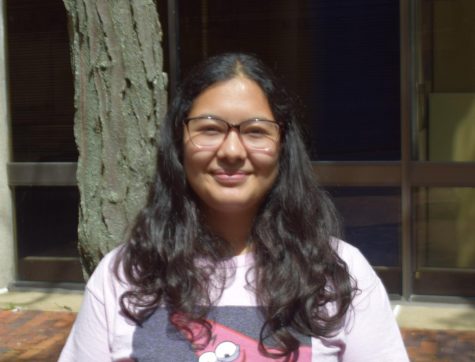
Hello, I'm Diana Baeza, and this is my second year in Newspaper. I chose to be a Personality Perfectionist because I enjoy meeting new people,...


